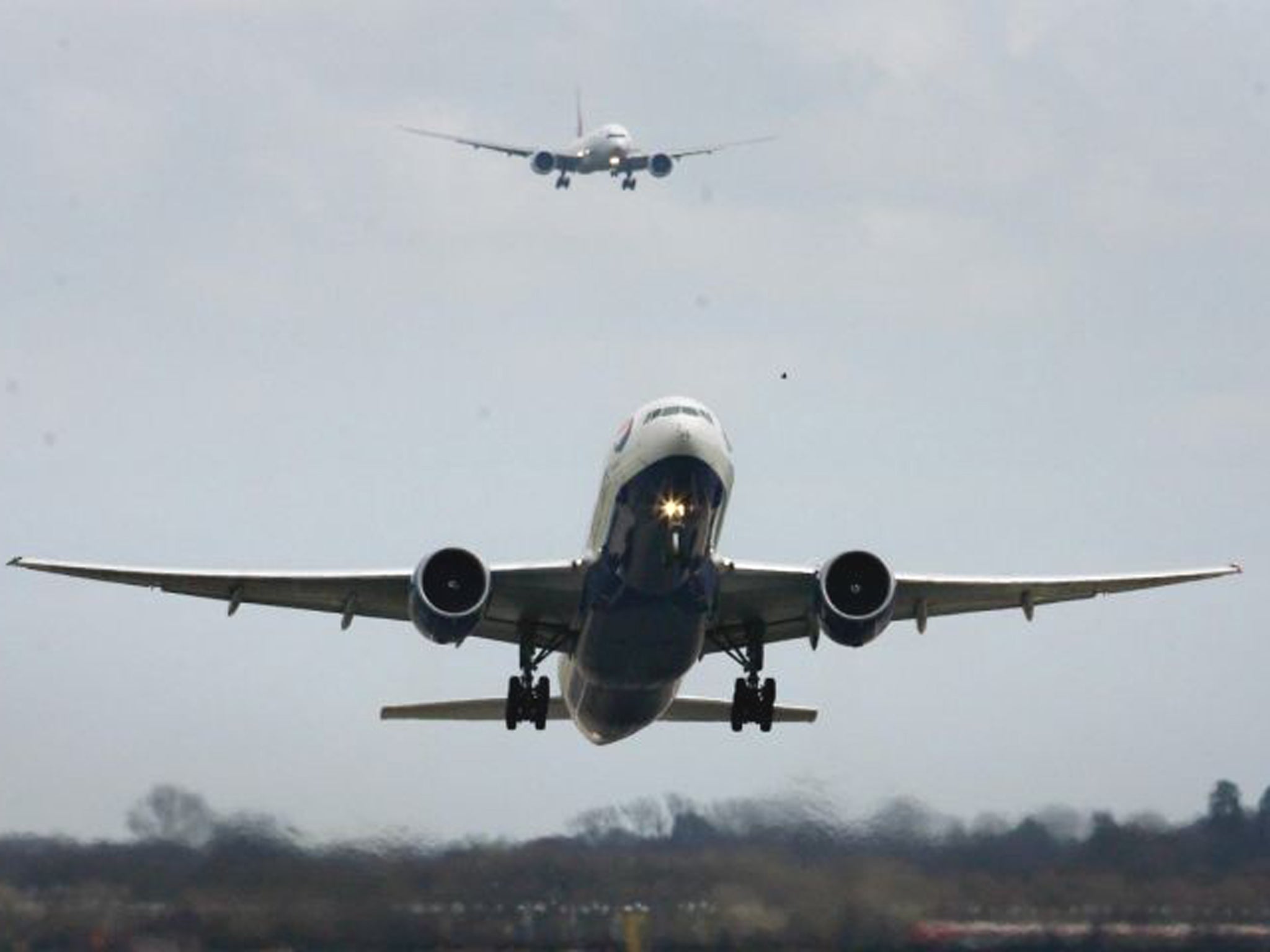This government is erasing the final remnants of confidence in the travel sector
That there would be business casualties of the coronavirus pandemic is inescapable, but I implore the government to do more to support the industry, writes Ali Shah


Flight delayed. Flight rescheduled. Confined to your room. Restaurants and pubs closed. It might have once sounded like the holiday from hell, but it’s now just a daily reality.
Throughout the coronavirus pandemic, the government’s mishandling of the travel and tourism industries could hardly have been more egregious, but sadly the coming weeks could be the most brutal yet.
As of Saturday four more countries will lose their travel corridors with the UK, which means very few remain that the British public can travel to without being bound by restrictions either on arrival, or on their return.
This is a state of affairs that would have been incomprehensible six months ago, but the reality is that without an upturn in fortunes soon, the entire travel sector is at risk.
The human impact of this will be stark. Tourism has been the fastest growing sector in the UK in employment terms over the last decade. The economic impact too, with the total contribution of tourism to UK GDP more than £210bn, and outbound travel alone worth more than £37bn and 220,000 jobs.
At this stage, it is difficult to make an argument that any of those 220,000 jobs in particular are safe in anything longer than the medium-term. While we all understand and support the importance of putting measures in place to protect people for the virus, the reality is that the government has found little balance with the measures it has put in place to effectively protect businesses in this sector.
Hospitality is already teetering on the brink, and with travel and tourism worth 11 per cent of UK GDP, for how long can the economy realistically absorb the blows before we reach the point of no return for both sectors?
I feel great sympathy with a worn-down British public. Many people still chasing refunds or nervously waiting to see whether their planned trips will be cancelled. For those who were still considering going away, the potential two-week quarantine that is now almost universal will preclude them from doing so, owing to anxiety over not being able to carry out the role of employee, parent, or carer on their return.
The financial reality is that many businesses in our industry are now staring into the abyss. Confidence in the sector has been eroded to the point that cash reserves have been exhausted under the weight of refunds requested, and this without the upshot of fresh bookings and cash flow to offset the downturn. I expect to hear news of more companies ceasing trading in the coming weeks.
That there would be business casualties of the pandemic is inescapable, but I implore the government to do more to support the sector. As it stands, confusing and conflicting messaging has sowed doubt in the mind of consumers, and fostered an environment within which it is impossible to put a coherent contingency plan in place, with rules and restrictions wont to change any given hour.
For some, it may be too late to reverse the damage, but changes are essential to ensure we limit how far-reaching the damage becomes. Along with business rate relief, lower rents for high street agents and an ‘trust account model’ for airlines, we also need the urgent reduction or elimination of quarantine measures for those returning to the UK.
Airport testing or testing prior to arrival could bring an end to 14-day isolation and has already been successfully implemented in thirty countries including France, Germany and China to positive effect. Ideas like this can bring some life back into the industry and help restore consumer confidence before the sector reaches the point of no return.
Ali Shah is CEO of online travel agent TravelUp


Join our commenting forum
Join thought-provoking conversations, follow other Independent readers and see their replies
Comments